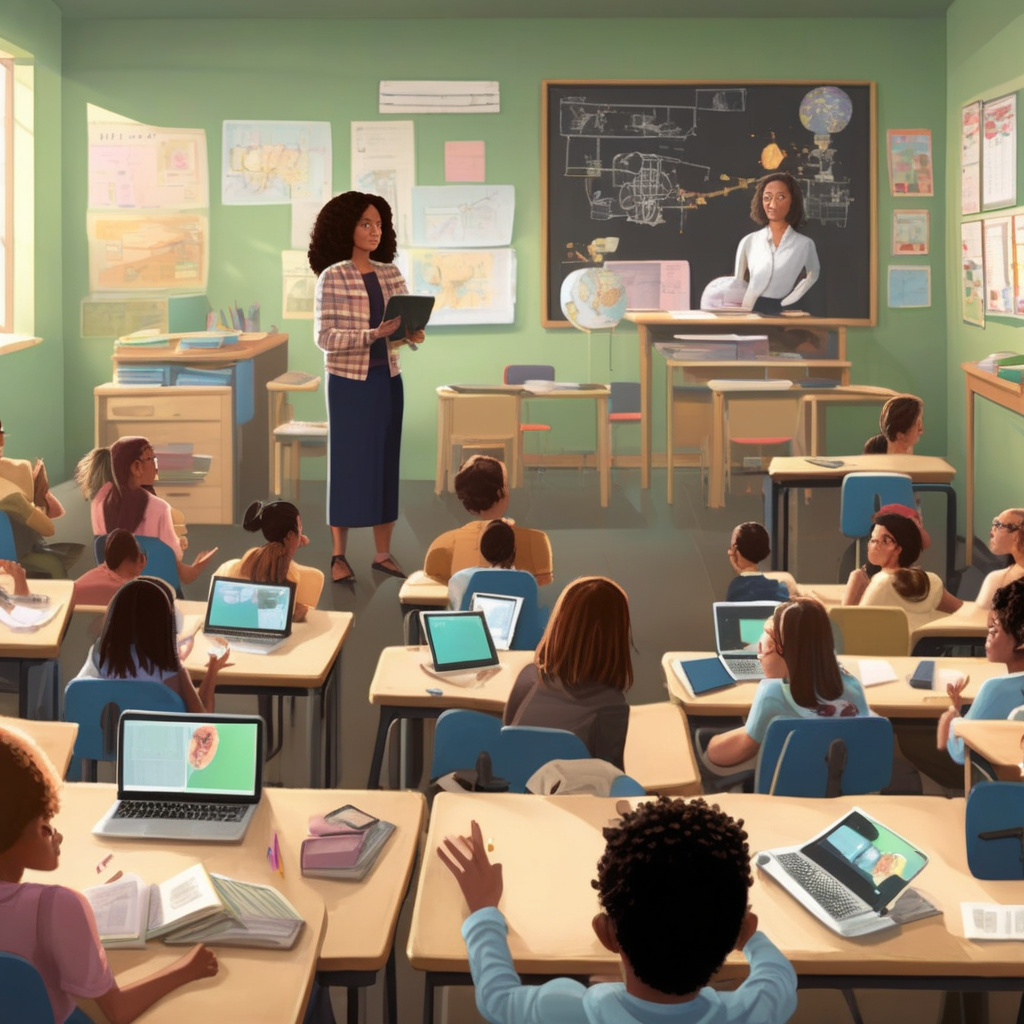AI in Education: The Erosion of Student-Teacher Engagement
Artificial Intelligence (AI) has undoubtedly revolutionized various industries, including education. From personalized learning experiences to efficient grading systems, AI has promised to transform the way students learn. However, as AI continues to permeate classrooms, a concerning trend is emerging – the erosion of engagement between teachers and students.
One of the most significant impacts of AI in schools is the weakening connection between students and teachers. By providing quick fixes and easy solutions, AI-enabled devices and programs are inadvertently encouraging students to bypass genuine effort and critical thinking. Instead of grappling with challenging problems and learning from their mistakes, students are increasingly relying on AI to provide them with the answers, thus diminishing their active participation in the learning process.
Teachers and students alike are sounding the alarm on this issue. Educators report a noticeable decline in students’ willingness to engage in deep discussions, ask probing questions, and seek help when needed. The temptation to take shortcuts using AI-powered tools has created a generation of students who are more focused on finding the right answer quickly rather than understanding the underlying concepts.
Furthermore, the use of AI in education raises concerns about the development of essential skills such as critical thinking, problem-solving, and creativity. These skills are not only crucial for academic success but also for preparing students for the challenges of the future workplace, where adaptability and innovative thinking are highly valued.
To address this growing problem, educators are emphasizing the importance of striking a balance between leveraging AI technology and maintaining meaningful student-teacher interactions. While AI can undoubtedly enhance the learning experience by providing valuable insights and personalized recommendations, it should not replace the essential role of teachers in guiding, motivating, and inspiring students.
Incorporating AI in education should be seen as a tool to supplement traditional teaching methods rather than a replacement for human interaction. By using AI to automate routine tasks, provide instant feedback, and offer personalized learning opportunities, teachers can free up more time to focus on building relationships with their students, identifying individual learning needs, and fostering a supportive learning environment.
Ultimately, the goal of education should not only be to impart knowledge but also to nurture curiosity, resilience, and a lifelong love of learning. Achieving this goal requires a concerted effort to harness the benefits of AI technology while safeguarding the essential human element of education – the profound connection between teachers and students that inspires growth, collaboration, and intellectual engagement.
As we navigate the ever-changing landscape of education in the digital age, it is essential to remain vigilant about the potential pitfalls of excessive reliance on AI. By prioritizing authentic learning experiences, encouraging critical thinking, and fostering meaningful relationships, we can ensure that AI enhances, rather than erodes, student-teacher engagement in the classroom.
#AIinEducation, #StudentEngagement, #TeacherRelationships, #FutureOfWork, #BalancingTechnologyAndTeaching












